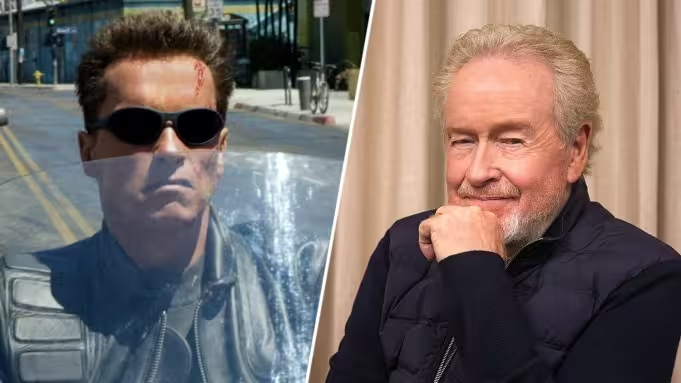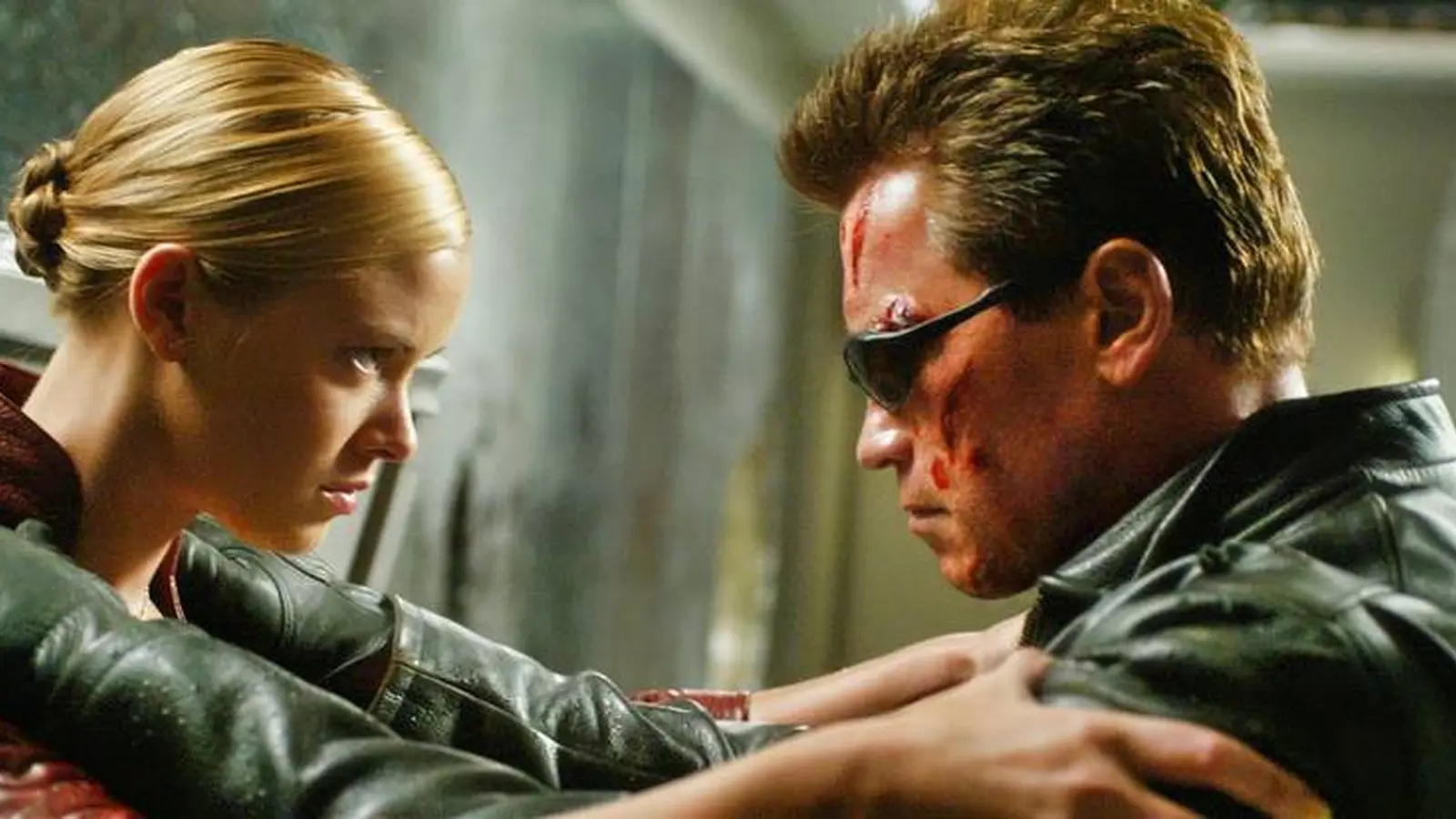5 Minutes
Ridley Scott, $20 million and the Terminator line he wouldn’t cross
Ridley Scott’s career has taken him from the Roman sands of Gladiator to the unbearably tense corridors of Alien and the desert vistas of Thelma and Louise. Yet, in a recent conversation with The Guardian, the four-time Oscar nominee revealed he turned down a reported $20 million offer to direct Terminator 3: Rise of the Machines. Scott explained that he feared trying to “make it real” would undermine the franchise’s comic-strip energy — in short, he thought he would mess it up.
What he said — and what he meant
Scott framed the decision around tonal instincts. For him, the Terminator saga lives in a world of heightened spectacle and pulp comic-book beats — the very qualities a director like Scott, who leans toward gritty realism and textured world-building, might be tempted to ground. Comparing the job to taking on a James Bond film, Scott suggested that some properties require a director who embraces their camp and kinetic fun rather than stripping them down to naturalistic drama.
Context: a franchise with many directors and many tones
The Terminator series has long been a genre-hopping property. James Cameron introduced a raw, nightmarish sci-fi noir in 1984 and then pushed the franchise toward kinetic blockbuster poetry with 1991’s Terminator 2: Judgment Day. Later entries — Jonathan Mostow’s Terminator 3 (2003), McG’s Genisys (2015), and other sequels — alternated between trying to recapture Cameron’s vision and finding new tonal identities, with mixed critical and box-office returns.
Scott’s decision sits within an industry trend where auteur sensibilities and franchise demands often clash. Studios routinely chase big names to rejuvenate IP, but not every celebrated director wants to or should be paired with every property. Scott’s refusal is an example of creative self-awareness: a director recognizing that his strengths might not serve a particular franchise beat.
Comparisons and contrasts: Scott vs. Cameron, Bond and other franchise directors
Compare Ridley Scott’s approach to franchise filmmaking with James Cameron’s. Cameron reshaped The Terminator into a mythology-laden, emotionally charged spectacle; Scott has built his reputation on immersive worlds and a tactile realism that worked for Alien and Blade Runner but might have flattened Terminator’s cartoonish menace.
Similarly, the Bond series has thrived under directors who lean into its specific blend of glamor, wit and high-stakes action; when someone tries to overly “ground” Bond, the result can feel tonally off. Scott hints he’d make that same mistake with Terminator, and his candor offers a rare, instructive admission from a director accustomed to commercial and critical success.

Trivia and behind-the-scenes notes
- Ridley Scott’s offer reportedly matched what Arnold Schwarzenegger earned for certain films, underscoring how studios will leverage star-sized budgets to lure top directors.
- The Terminator franchise has since expanded beyond live-action sequels to include television (Terminator: The Sarah Connor Chronicles) and animation (Netflix’s Terminator Zero), reflecting studios’ efforts to retool IP for new audiences.
- Jonathan Mostow directed Terminator 3 after Scott’s pass; the film reunited Arnold Schwarzenegger with new leads Claire Danes and Nick Stahl while taking the story in its own direction.
Critical perspective and fan reception
Fans are divided on the franchise’s tonal shifts: some appreciate the bold reinventions, while others long for Cameron-era coherence. Scott’s refusal earned both admiration and curiosity — admiration for prioritizing fit over cash, curiosity about the alternate-universe film that never was. Cinema historian Mara Singh offers this take:
"Scott’s decision is a rare example of an auteur resisting a lucrative studio offer because of tonal incompatibility. It shows an understanding that franchised storytelling is not simply about spectacle but about matching directorial voice to property style."
Industry insight: when auteurs and franchises collide
Studios often believe that attaching a marquee director translates into instant prestige. But Scott’s choice highlights a different lesson: prestige doesn’t automatically equal suitability. The long-term health of a franchise can depend more on tonal stewardship and audience expectations than on a headline director name or paycheck size.
Conclusion: what this refusal teaches filmmakers and audiences
Ridley Scott walking away from a $20M payday is more than an entertaining anecdote — it’s a reminder that good filmmaking sometimes means saying no. For movie fans and filmmakers alike, the story reinforces that successful franchise filmmaking requires humility about tone, respect for legacy, and clarity about one’s creative strengths. Scott’s refusal preserved both his artistic brand and the idea that not every director belongs to every franchise — and that can be a healthy thing for cinema.
Source: deadline


Leave a Comment